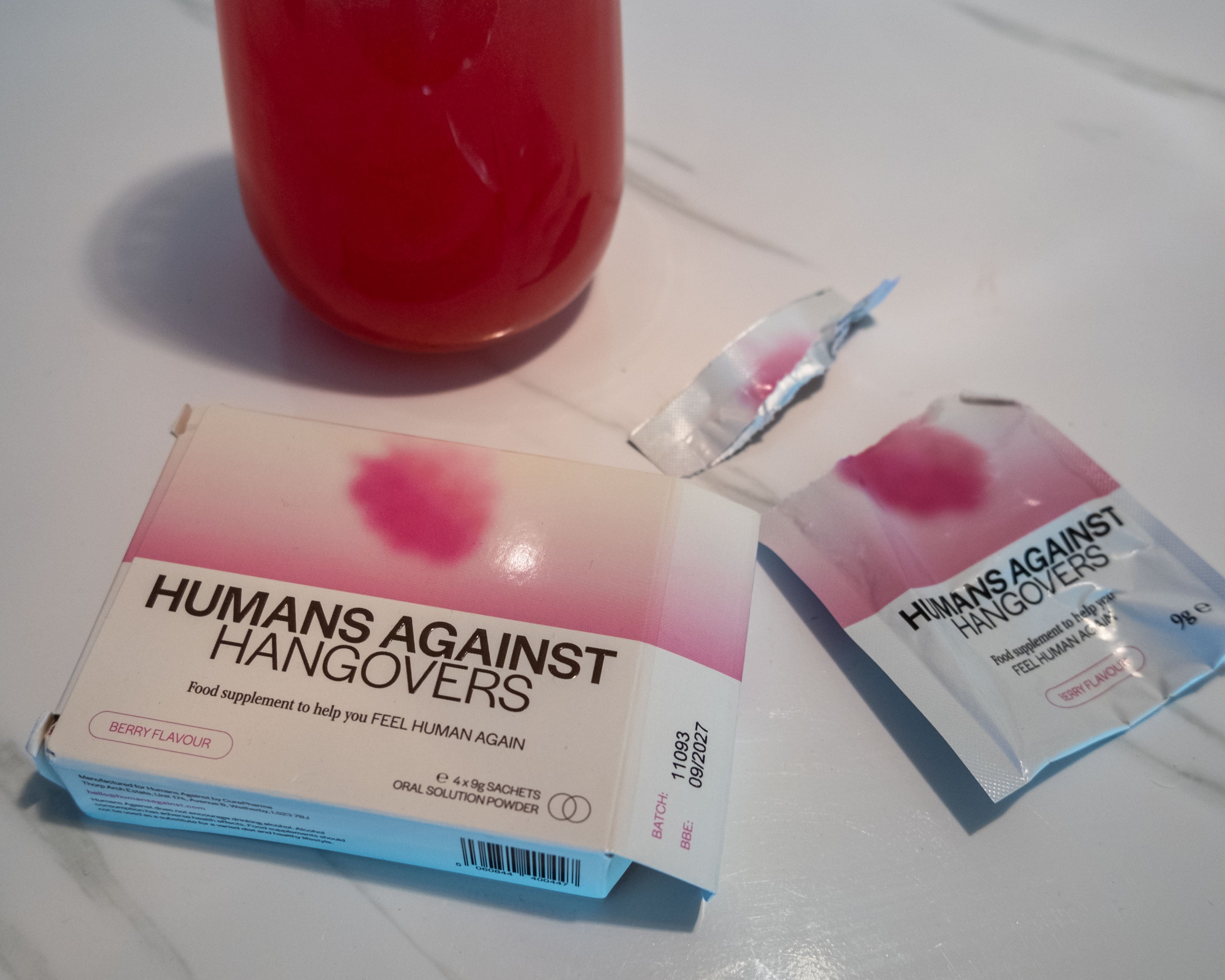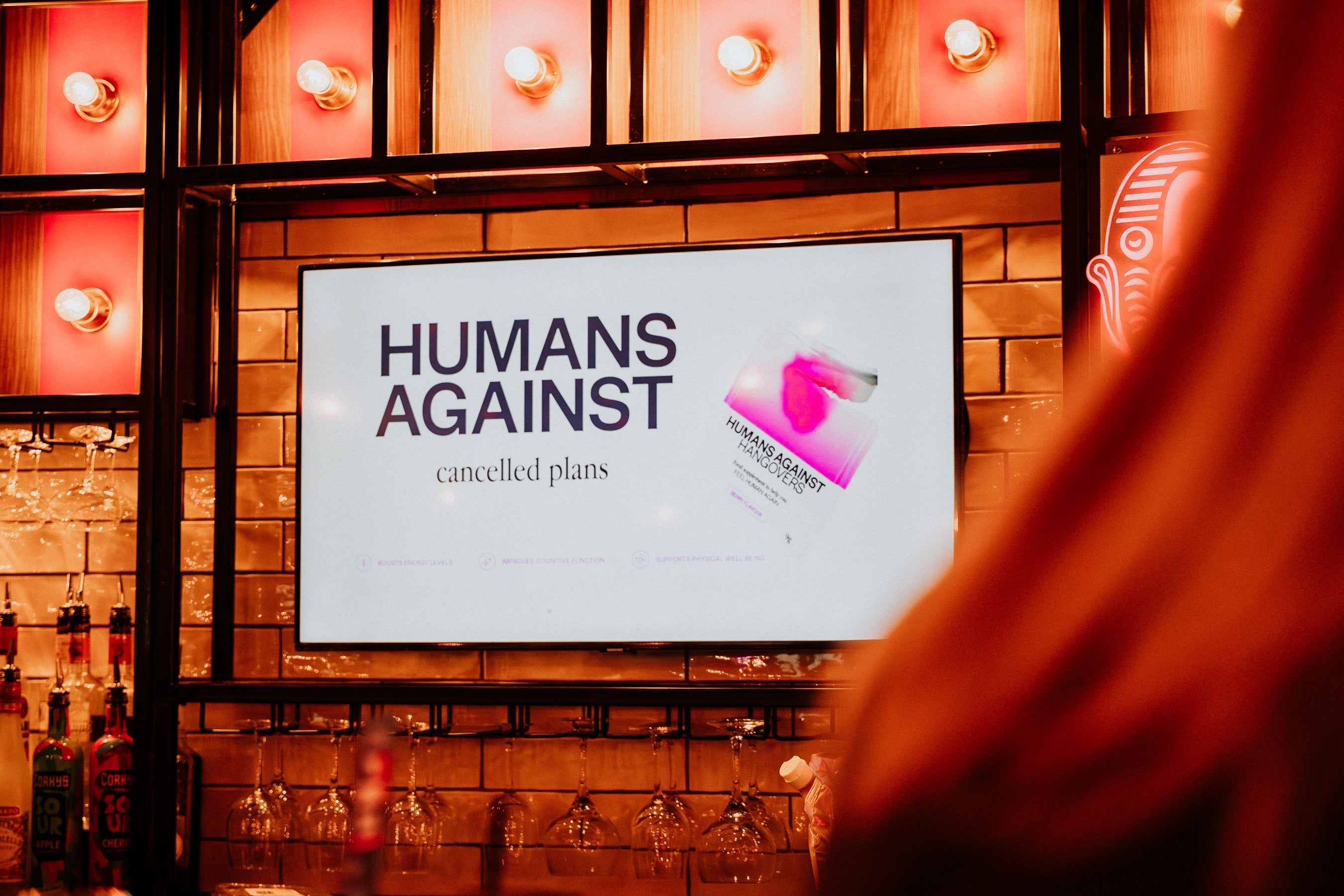How does alcohol affect your sleep?
Ever wondered why you feel so sleepy after a few drinks? You're not alone. Let's dig into the science behind alcohols sedative effects and how it affects your sleep patterns.
Alcohol is a depressant, which means it slows down your brain activity. When you drink, alcohol interacts with neurotransmitters in your brain, like gamma-aminobutyric acid (GABA) and glutamate.
GABA has a calming effect, while glutamate is responsible for excitatory signals. Alcohol boosts GABA and inhibits glutamate, which creates a short-lived sedative effect that makes you feel drowsy.
How does alcohol affect sleep?
Alcohol impacts all stages of sleep, leaving you feeling tired and sluggish the next day. From disrupted sleep patterns to snoring, let's delve into the many ways drinking alcohol can disrupt your dreams.
Fragmented sleep
Any initial sedative effects of alcohol are short-lived. As your body metabolises the alcohol, its stimulating effects start to take over, leading to fragmented sleep. This can cause you to wake up frequently during the night, preventing you from entering the deeper sleep stages crucial for feeling rested and rejuvenated.
Reduced REM sleep
Alcohol significantly reduces the amount of rapid eye movement (REM) sleep you get. REM sleep is essential for cognitive functions like memory consolidation and mood regulation. When you don't get enough REM sleep, you'll likely feel mentally foggy and emotionally unbalanced when you wake.
Dehydration
Alcohol is a diuretic, which means it increases urine production, leading to more trips to the bathroom and dehydration. Dehydration can also cause headaches and a dry mouth, making it harder to sleep soundly.
Sleep apnea and snoring
When you drink alcohol, the muscles in your throat relax. This extra relaxation worsens snoring and even leads to sleep apnea — a condition where your breathing repeatedly stops and starts during sleep. This issue disrupts your sleep and can also have serious health consequences if left untreated.
Tolerance and dependence
Over time, regular use of alcohol as a sleep aid can lead to a higher tolerance, meaning you'll need to drink more to achieve the same sedative effects. This could increase your risk of developing alcohol dependency and other health issues. It's important to be aware of the impact of alcohol dependency and seek help from experts like those at Drinkaware to maintain a balanced relationship with alcohol.
Vivid dreams
Alcohol can also lead to vivid dreams. As your body processes alcohol and it starts to wear off, you might experience a rebound effect, where REM sleep increases in the second half of the night. This can result in unusually vivid or disturbed dreams, disrupting sleep quality.
Disrupted circadian rhythm
Your circadian rhythm is like a biological clock that regulates sleep-wake cycles. Alcohol can throw this clock off balance, making it harder for you to fall asleep and wake up at your usual time - leading to irregular sleep patterns and daytime fatigue.
Insomnia
Regular drinking can contribute to insomnia. Over time, your body builds a tolerance to alcohol's sedative effects, so you'll need more to achieve the same sleep-inducing effect. This habit can lead to a cycle of drinking more and sleeping less, which ultimately worsens insomnia.
Tips for sleeping after drinking alcohol
If you've had a few drinks and want to improve your chances of a restful night, try these tips:
-
Hydrate: Drink plenty of water to help flush out the alcohol and reduce dehydration.
-
Avoid heavy meals: Eating a large meal before bed can further disrupt sleep. If you're hungry, try a light snack that's easily digestible.
-
Keep a regular sleep schedule: Go to bed and wake up at the same time every day to help regulate your circadian rhythm.
-
Create a calming bedtime routine: Wind down with relaxing activities like reading or listening to soothing music.
-
Limit alcohol intake: The less you drink, the less it will affect your sleep.
Conclusion
Understanding how alcohol affects your sleep can help you make better choices for your sleep health.
If you need an extra boost, try the Humans Against supplement. It's carefully formulated with a blend of vitamins, minerals, and plant extracts to support energy levels, cognitive function, and overall well-being.

